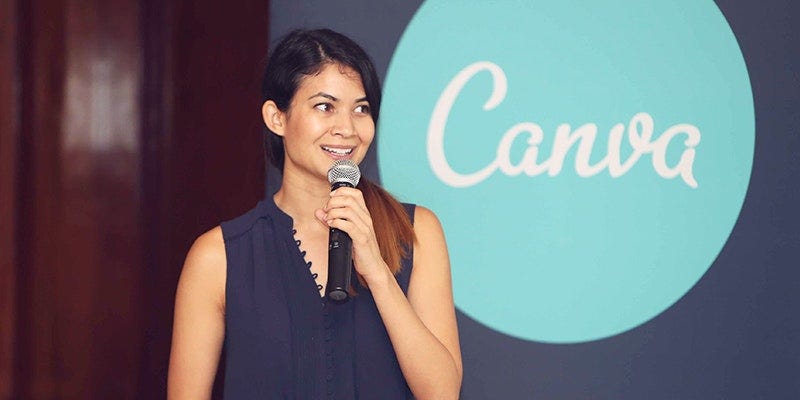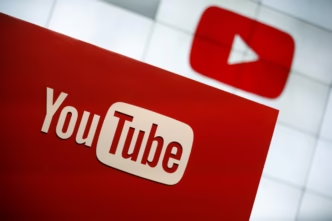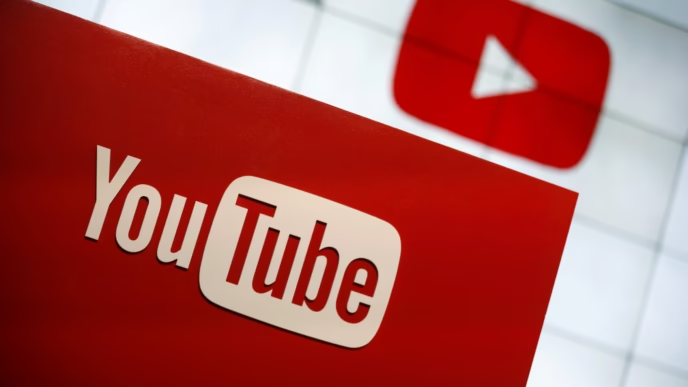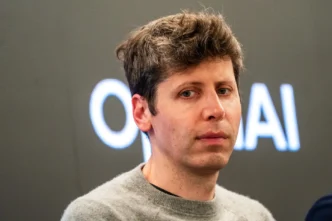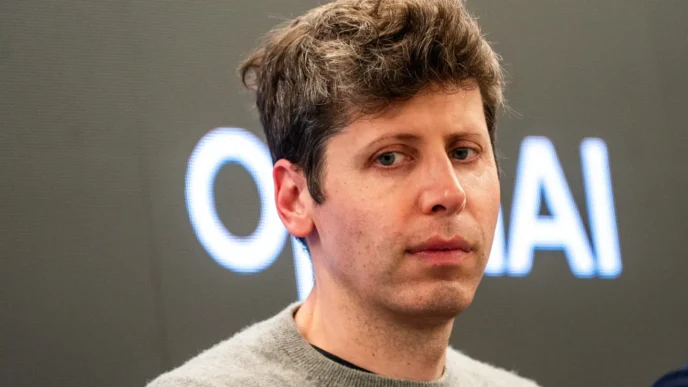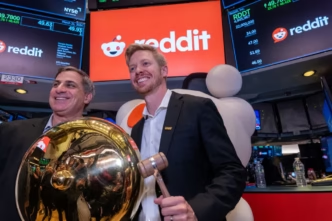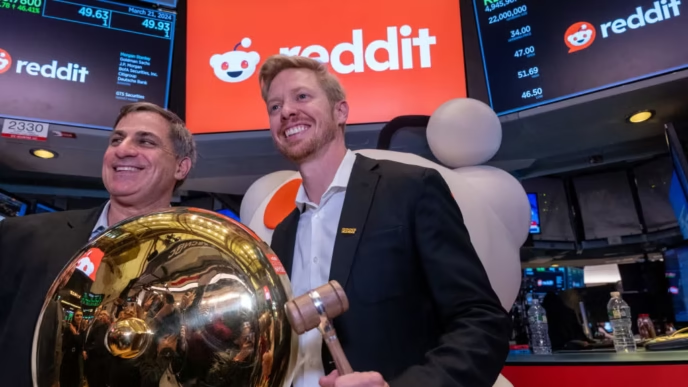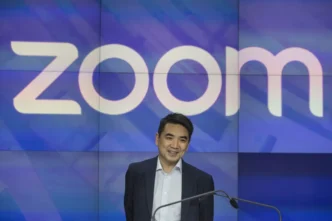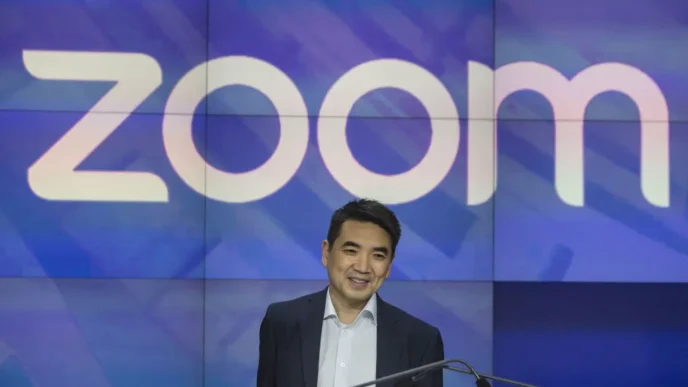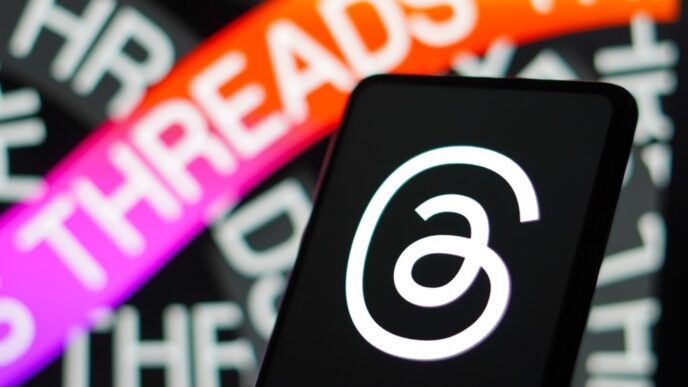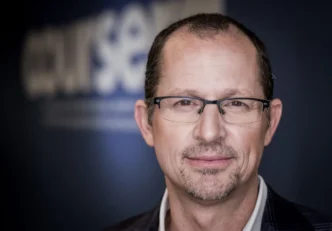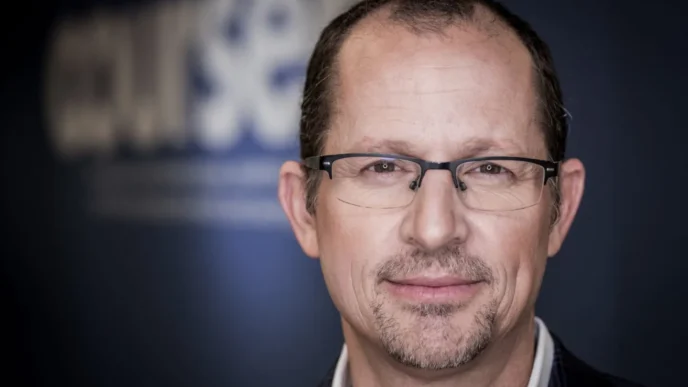Canva CEO Melanie Perkins likes to keep her work life simple, and her secret is something most founders rarely dare to try. She doesn’t keep email or Slack on her phone. When she shuts her laptop, she actually disconnects. In a world where constant notifications blur the line between work and life, her approach feels almost radical.
Perkins shared this on Lenny’s Podcast, explaining that digital boundaries are not just a preference but a habit she built over years. She said she tunes out completely once her laptop closes. That doesn’t mean she’s unreachable. She still gets emergency calls if something serious happens, but regular pings don’t follow her everywhere she goes.
Perkins cofounded Canva in 2012 with Cliff Obrecht and Cameron Adams. After more than a decade running one of the world’s most used design tools, she believes balance is essential for good leadership. She talked about how she learned to separate work and rest after realizing that nonstop activity doesn’t always equal progress.
She described her approach as being “all in” when she works and “all out” the moment she steps away. She also said that giving the mind enough space helps leaders see the bigger picture. Sometimes clarity comes only when everything gets quiet.
She’s not the only founder choosing intentional distance from constant digital noise. Telegram’s CEO Pavel Durov tries to limit his phone use, even though he built two of the world’s biggest digital platforms. He believes the phone can become such a distraction that it stops people from forming their own ideas.
Glassdoor’s CEO Christian Sutherland-Wong also stepped back from constant digital use, but for a different reason. He wants to be fully present with his children. He said he never answers messages in front of them because he wants to lead by example. He doesn’t want devices to dominate his personal life.
The idea isn’t new. In 2018, Hinge CEO Justin McLeod said he removed email from his phone. He felt he made better decisions when he wasn’t reacting to every little update. He believed leaders think more clearly when they don’t live inside their inboxes.
Even celebrities see the value in stepping back. Actor Aziz Ansari still uses a flip phone and avoids email altogether. For him, staying offline helps him stay grounded and creative.
These choices stand in sharp contrast to the extreme work styles seen in some circles, especially the “996” culture popular in parts of the tech world. That work pattern, working from 9 a.m. to 9 p.m., six days a week, pushes the idea that harder always means better.
Perkins said she has met many founders who struggle to find balance. Some think working every weekend helps them stay ahead, yet they often get stuck in the weeds. She believes that nonstop work can make people miss what truly matters. You can work harder and harder but still focus on the wrong things.
Her message is a reminder that productivity isn’t only about the hours spent working. It’s also about the clarity you bring when you show up. And sometimes, clarity comes from stepping away from Slack, email, and everything else that fills the day with noise.
What makes Perkins’ approach stand out is that it scales with the company. Canva now serves hundreds of millions of users, yet she has resisted the idea that leadership requires constant availability. Instead, she has helped build systems and teams that can operate without her hovering over every decision.
That trust, she suggests, is what allows founders to truly unplug without fear. By designing the business to function independently, she protects her own focus and energy, and in doing so, sets a healthier standard for the people building alongside her.

